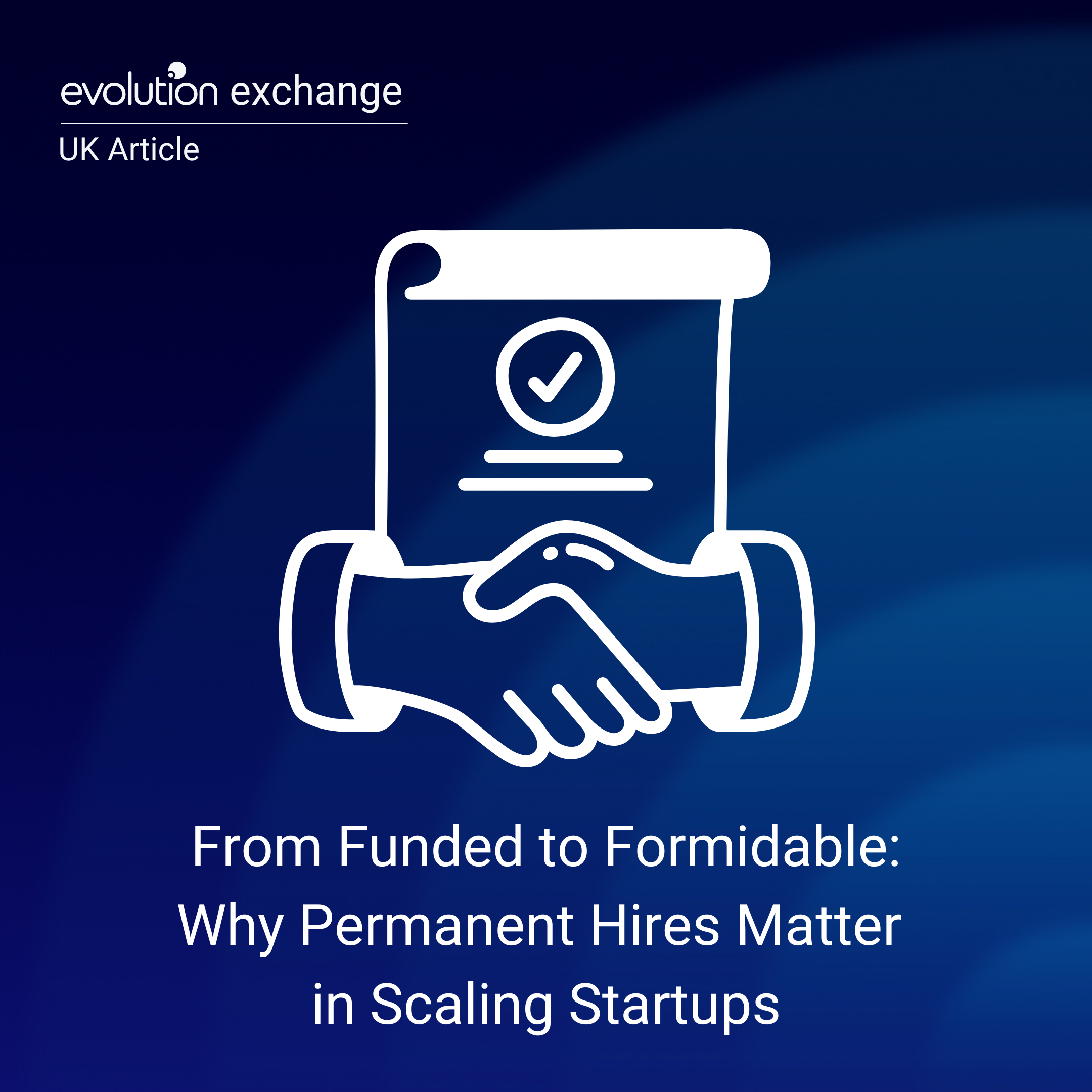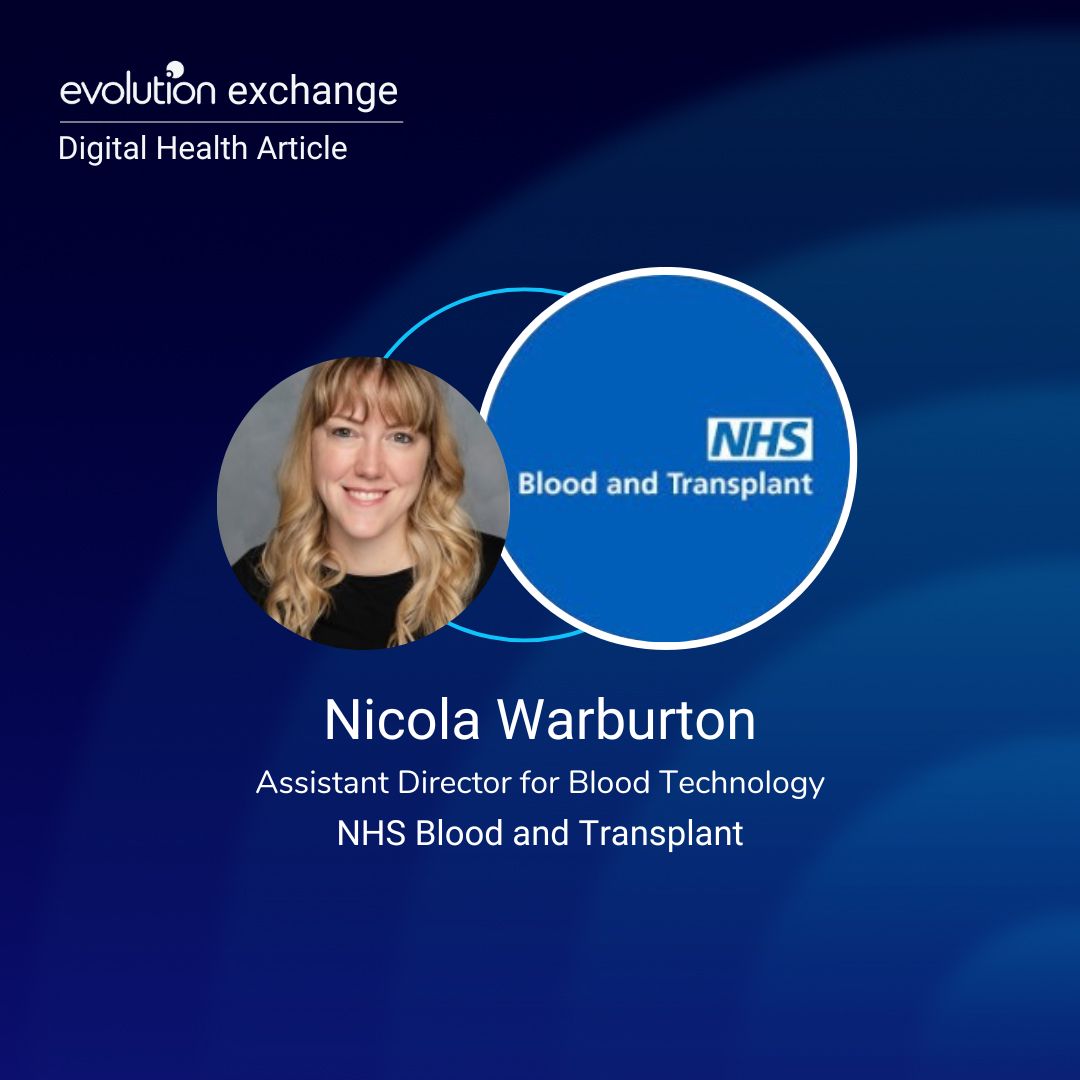Teena Ferguson, Programme Director for North West London at Imperial College Healthcare NHS Trust, has carved out an impressive career in healthcare management through a combination of practical experience, relationship-building and a drive to improve efficiency. Her journey offers valuable insights into female leadership and navigating a career in the NHS.
From Recruitment to Healthcare Innovation
Teena’s career path began in medical recruitment about 20 years ago, where she first saw the potential for technology to improve screening and application processes. This experience sparked her interest in healthcare efficiency. “I started to see some good use of technology to help with screening and helping go through applications,” Teena recalls.
Driven by a desire to make a bigger impact, she started her own company focused on medical workforce efficiencies within the NHS.
“I got involved with the NHS mainly around medical workforce and efficiencies and how could we make the workforce more productive by automating processes,” she explains. “A lot of that was just learning on the fly, going in there, doing service reviews, speaking to the consultants, speaking to the patients and finding out where are the handoffs.”
This hands-on approach allowed Teena to gain practical experience and build a reputation for results. Her work eventually led to a permanent position at Imperial College Healthcare NHS Trust.
Challenging the Status Quo as a Non-Technical Leader
In her current role embedding a newly commissioned genomic testing service, Teena brings a unique perspective as a non-technical leader in a highly specialised field. When asked if technical expertise is necessary for leadership in such an area, she offers a nuanced view.
“If I wasn’t in this role, I’d say, of course, you have to be technical to understand it, but I’m in this role and I’m not technical and I don’t think you need to be,” Teena states. “I think in some situations, it allows you to ask what would be considered to be a silly question. I’m almost given permission to do that.”
She emphasises the importance of surrounding yourself with the right people and understanding enough to recognise your own weaknesses. Teena’s approach involves bringing in experts who can explain complex concepts in layman’s terms. “If I can understand it, then my client can understand it,” she notes. “I don’t think you need to be technical. You need to have common sense.”
Overcoming Challenges as a Woman in Leadership
Teena doesn’t shy away from discussing the challenges she’s faced, particularly as a woman in male-dominated environments. “I would probably go so far as to say one of those challenges is because I’m a woman,” she admits. “Especially when I was an independent contractor and I was doing a lot of medical workforce productivity. You’re going into a room full of professors, consultants, and then you’re analysing their work and putting forward recommendations for how they could do it better.”
Initially lacking formal qualifications, Teena felt this sometimes worked against her: “I think their perception is ‘who does she think she is?'”
However, these experiences ultimately strengthened her resolve. “I don’t put up with that sort of behaviour anymore.”
The Importance of Mentorship and Support
Teena credits much of her success to a supportive manager who became an inadvertent mentor. “The irony is she doesn’t even know it. I don’t think she realises the impact,” Teena reflects. “She’s fierce and hard, but encouraging at the same time. I responded well to that because I think as a woman who’s been very successful in her own right and carved her own way in a man’s world… I admire that.”
This mentor provided crucial support, encouraging Teena to pursue an MBA and giving her the confidence to advance her career. The experience has shaped Teena’s own approach to leadership.
“That is something that is very important to me, with my team,” she explains. “I have what I call an open door policy. Every Friday, there’s a half hour in my diary that’s free for anyone to drop in and talk to me about anything within my team.”
Dealing with Imposter Syndrome
Like many successful professionals, Teena admits to experiencing imposter syndrome. “For sure, I felt this every day. I would say there is not a day that goes by that I will either feel guilty or not good enough for the role that I’m in or think, how did I get here? Am I out of my depth?”
While she’s confident in her day-to-day work, Teena acknowledges that these feelings can impact career progression, particularly during interviews. She’s actively working on this with a coach and sees each interview as an opportunity for growth.
“It’s just about keep doing those interviews. It just takes one and it’s practice, and saying it out loud that, yes, I can do that,” she says.
Advice for Aspiring Leaders
Drawing from her own experiences, Teena offers valuable advice for those looking to advance their careers.
- Build relationships with head hunters. “It’s really good to have those relationships because the candidate pool is so big now that if you’re not coming to the surface, you’re not going to get that job.”
- Find a mentor. “Have someone that you have a lot in common with and that you really admire. And then allow that person to guide you.”
- Embrace networking. Teena acknowledges that networking has changed, especially post-COVID. She encourages a softer, more supportive approach to building professional connections.
- Cultivate your team. Teena emphasises the importance of helping others grow. “Everyone has to have someone saying what are you going to do to make yourself better?”
- Be authentic. Recognising that many people, regardless of gender, experience imposter syndrome, Teena advocates for creating a culture where it’s acceptable to discuss these feelings.
Changing the Landscape for Women in Leadership
Teena’s journey exemplifies the evolving nature of female leadership in healthcare. By sharing her experiences – both challenges and triumphs – she contributes to a more open dialogue about the realities of navigating a career in a traditionally male-dominated field.
Her success as a non-technical leader in a highly specialised area challenges conventional wisdom and opens doors for diverse perspectives in healthcare management. Moreover, her commitment to mentoring and supporting her team demonstrates how women in leadership positions actively work to change workplace culture from within.
As the healthcare sector continues to evolve, leaders like Teena play a crucial role in shaping a more inclusive, efficient, and innovative future. Her story serves as an inspiration and a roadmap for aspiring healthcare leaders, regardless of their background or technical expertise.






























